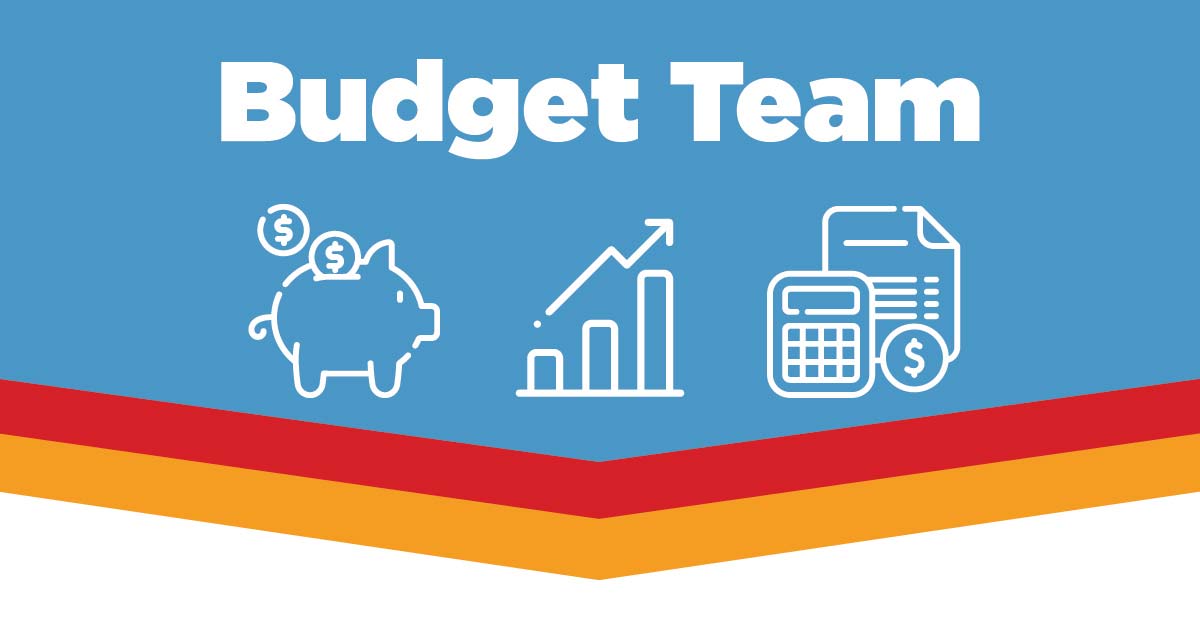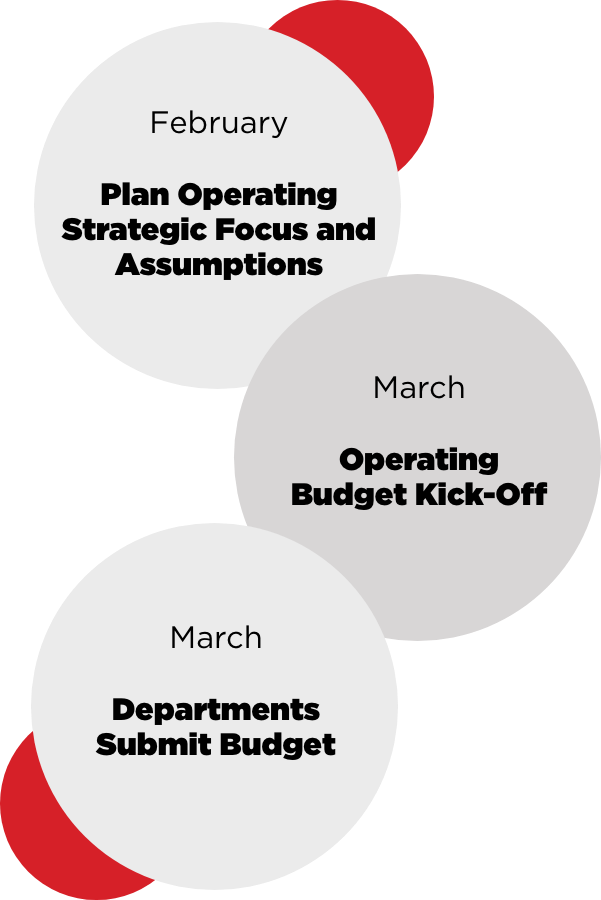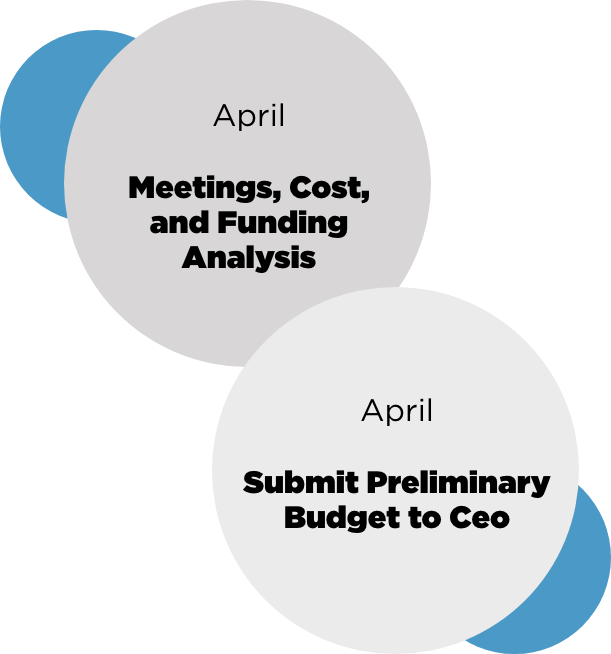Budget Team Page
Meet The Budget Team!
LBT’s fiscal year operating and capital budgets play a major role in all that we do here at LBT. Each year, a team of dedicated staff works with each department to establish spending budgets that help drive LBT’s day-to-day operations. While many department’s assist with the creation and finalization of the budget, we wanted to highlight some of the key team members involved in the process.


Lisa Patton
Executive Director/VP of Finance and Budget

Vacant
Administrative Assistant, Finance and Budget

Rhea Morallos
Comptroller

Ashley Liang
Treasurer

Terry Coon
Manager, Finance

Jenifer Maxwell
Manager, Capital Programs

Vacant
Manager, Accounting, Finance and Budget

Miki Deckner
Manager, Maintenance Planning

Jeff Fortune
Capital and Grants Planner

Sanny Patel
Analyst, Organizational Development and Administration

Carlie Wade
Performance Management Analyst

Melissa Kalie
Senior Accountant

Nestor Castillo
Maintenance Analyst

Kevin Schrader
Budget Analyst
Jenese Flores
Board Secretary
James Tai
Executive Assistant to the Deputy CEO
The operating budget development process.
The fiscal year operating budget, which begins on July 1 and ends on June 30, is a combination of known and projected expenses, as well as forecasted revenue. The annual budget enables the agency to meet its strategic priorities through staff’s commitment to exercise stewardship, make informed decisions and be fiscally responsible.

The operating budget development process, initiated by LBT’s Finance and Budget department, commences with a budget orientation session in March, involving the Executive Leadership Team and managers. Prior to the budget orientation session, various meetings are held to develop budget objectives and assumptions that relate to service delivery levels, cost drivers, as well as expenditure limitations for the next fiscal year.
Interdepartmental meetings are held during the month of April to ensure that departments develop a comprehensive budget plan that adheres to the overall budget objectives. The Executive Directors/Vice Presidents then present budget proposals that are reviewed by the CEO and the Executive Director/VP, Finance and Budget.


Prior to the budget orientation session, various meetings are held to develop budget objectives and assumptions that relate to service delivery levels, cost drivers, as well as expenditure limitations for the next fiscal year. Interdepartmental meetings are held during the month of April to ensure that departments develop a comprehensive budget plan that adheres to the overall budget objectives.The Executive Directors/Vice Presidents then present budget proposals that are reviewed by the CEO and the Executive Director/VP, Finance and Budget.

After the budget has been reviewed and completed by staff, a draft is presented to the Board of Directors’ Executive Committee for review and feedback.
During the May Board of Directors meeting, the CEO presents the budget to the full Board for approval and adoption consideration.
The Board-approved budget is effective July 1, and LBT’s CEO directs and manages the budget during the course of the fiscal year. Staff review the agency’s financial health on a monthly basis.
LBT’S Capital Program
In addition to the annual Operating Budget, LBT develops a three-year Capital Program. The Capital Program is a long-term planning and budgeting process that identifies capital funding in order to maintain, improve and enhance LBT’s fleet, equipment and infrastructure. The Capital Program supports the agency’s priorities to maintain its assets in a state of good repair. .
Capital projects are defined as expenditures or projects with an estimated useful life of one year or more and a total cost of at least $10,000. “All capital projects are reviewed by the ELT and need to be consistent with one of the following Capital Strategic Focus elements:
- Enhancing Safety and Security
- Improving Customer Amenities
- Rehabilitating and Maintaining Assets
- Modifying and Expanding Facilities
- Replacing and Expanding Fleet
- Upgrading Technology
Some examples of LBT’s Capital Projects for FY 2022 include:
- Zero-Emission Bus Replacement
- Bus Stop Amenities – Long Beach Blvd. And Atlantic Avenue Corridor
- Battery-Electric Bus Charging Infrastructure
- IT Software and Hardware Upgrades
- Facility Security Enhancements
